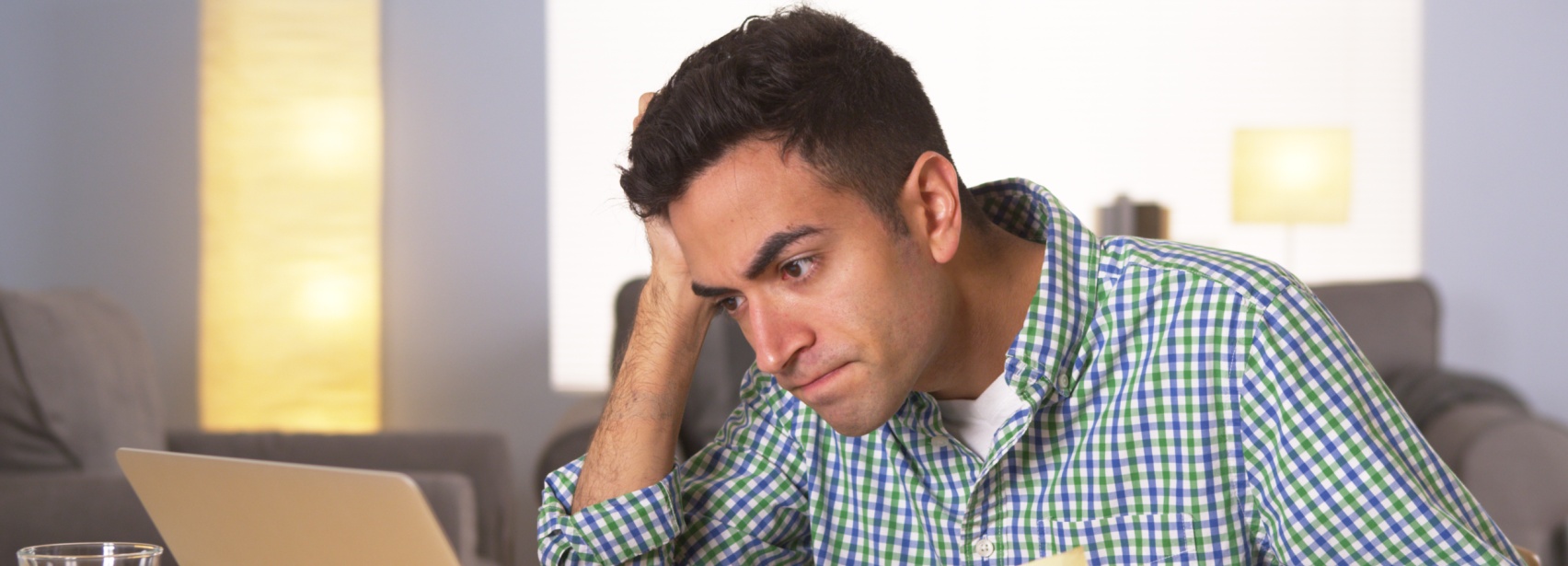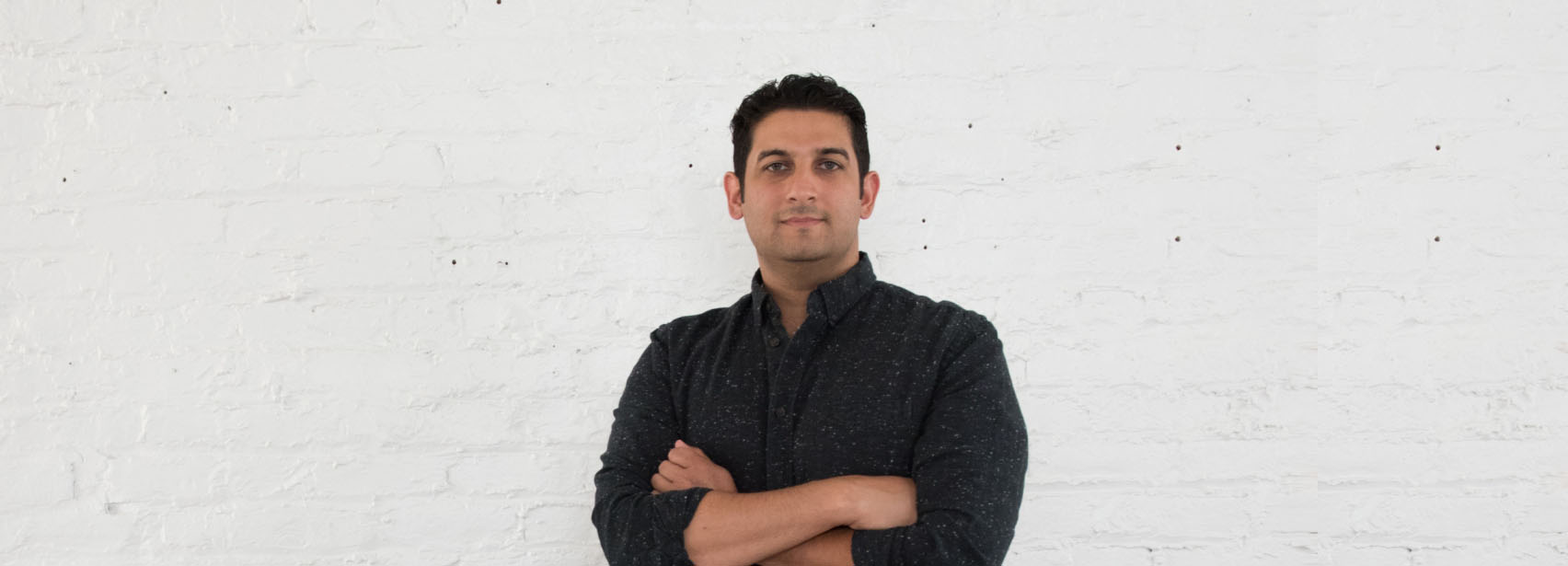It’s obvious that being tired doesn’t feel great, but it really changes how your emotions work. From making everything look bleak to reducing your ability to deal with feelings, poor sleep will leave you feeling terrible in more ways than you might expect.
Bad Events Seem Worse
An article in the research journal Sleep looked at how missing sleep changed people’s emotional reactions to events. The researchers tracked how much sleep medical residents got, and then how they felt about things that happened while they worked. They found that when the residents got less sleep, they had more negative reactions to frustrating events. At the same time, when things were going their way, the sleep-deprived subjects were not as happy about it.
You know those days when everything seems to be going wrong? Maybe the universe isn’t out to get you, but you just haven’t had enough rest. If negative events seem like they are way bigger, while the good things go by practically unnoticed, it’s probably not the fault of your day, but of the night before.
Emotions Are Harder to Handle
Another study in the journal Sleep Medicine looked at how sleep deprivation affected emotional intelligence. Researchers figured that it was clear that missing sleep changes how well people think, so they should take a look at the affect how we handle our emotions. They had volunteers take tests to measure emotional intelligence and constructive thinking when they were well rested, and then again after a period of sleep deprivation.
What they found was a reduction in a whole slew of emotional abilities. Global emotional intelligence, self-regard, empathy for others, impulse control, delayed gratification, positive thinking, and action orientation were all negatively impacted. In fact, the effect was wide enough that the scientists described the result of sleep deprivation as “consistent with mild prefrontal lobe dysfunction.”
Remember that horrible day where everything goes wrong and you can’t remember anything good happening? Now add to that a stew of cranky, irritated, unhappy feelings. No wonder our moms always wanted us to take naps when we were being difficult!
Sleep is a Quick Solution
If all of this seems pretty awful, never fear! There’s a pretty easy solution (also, did you get enough sleep last night? Things really aren’t that bad). A research study published in the journal Cerebral Cortex looked at participants’ emotional reactions to pictures of human faces.
Everyone in the study looked at the pictures and their reactions were recorded. Then half the group took a nap in the afternoon, while the other half didn’t. When they looked at the same kinds of pictures late in the day, the group that didn’t get a nap showed greater negative reactions to faces that displayed anger and fear than they had shown earlier in the day. The people in the group that got a nap didn’t show the same increase in negative reactions. Some of them even had more positive reactions. It sure sounds like a nap is an effective way to increase kindness toward our fellow human beings, but the scientists didn’t state it in those terms. They did say that it looks like sleep (especially REM) is important in emotional brain regulation.
So if you’re feeling extra cranky and discouraged, maybe what you need is a good night’s sleep. Every day researchers are uncovering more ways sleep is absolutely necessary to keep you healthy and happy. It’s worth your time to figure out what you need to take care of your sleep needs. I promise you will feel better in the morning.



